2022.07.26

On July 26, the Workshop on Rural Revitalization through Tourism, hosted by the World Tourism Alliance (WTA) and co-organized by Shandong Provincial Department of Culture and Tourism, was held in the homestay cluster zone in Leisure Valley in Sishui, a county in the city of Jining, Shandong. Zheng Hao, Deputy Director of the International Exchanges and Cooperation Bureau of the Ministry of Culture and Tourism (MCT), and Sun Shu’e, Deputy Director-General of the Department of Culture and Tourism of Shandong Province, attended and addressed the workshop. WTA Secretary General Liu Shijun, Xu Hong, Dean of the College of Tourism and Service Management of Nankai University, and Yu Hui from the International Exchanges Division of International Poverty Reduction Center in China delivered keynote speeches. Also present were representatives of WTA member units, including some provincial-level cultural and tourism departments, tourism enterprises, industry associations, and media organizations.
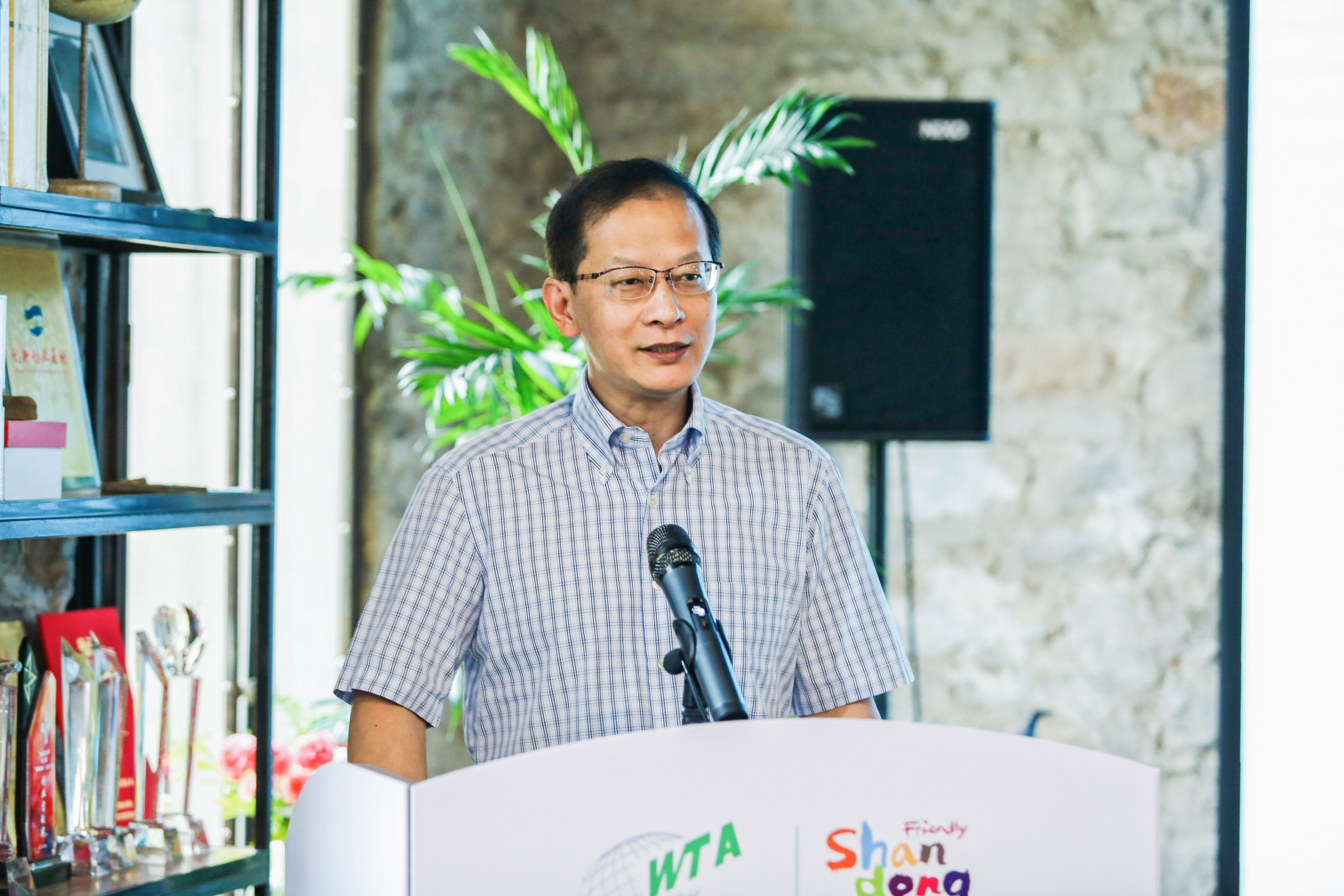 Zheng Hao, Deputy Director of the International Exchanges and Cooperation Bureau, MCT.
Zheng Hao, Deputy Director of the International Exchanges and Cooperation Bureau, MCT.
Mr. Zheng said in his speech that after continuous explorations in the fields of poverty reduction through tourism and rural development, the WTA has accumulated rich experience and first-hand materials needed for model formation and international communications. His Bureau and the WTA have partnered up in poverty reduction through tourism and produced fruitful outcomes in foreign exchanges on and promotion of China’s cultural and tourism industry. By jointly promoting cultural and tourism development in impoverished areas, they hope to stimulate the endogenous drive for rural revitalization. This workshop, co-organized by the WTA, an NGO, and the Shandong Provincial Department of Culture and Tourism, was a good attempt for the non-governmental sector and the public sector to work together in telling the story of China. He hoped that the Alliance would launch more activities like this and show the beautiful countryside of China to the rest of the world.
 Sun Shu’e, a member of the Party Leadership Group and Deputy Director-General of Shandong Provincial Department of Culture and Tourism.
Sun Shu’e, a member of the Party Leadership Group and Deputy Director-General of Shandong Provincial Department of Culture and Tourism.
In her speech, Ms. Sun noted that Shandong is working hard to cultivate rural tourism and leisure destinations, optimize the environment for homestay business, enrich the business forms in tourism and leisure industry, improve the quality of products and services, and comprehensively enhance its brand influence of rural tourism. In recent years, Shandong has seen a number of its practices of rural tourism enter into the WTA’s Best Practices of Poverty Reduction through Tourism and Best Practices of Rural Revitalization through Tourism. Through the WTA’s publicity effort, these practices are widely known, and in turn drive the high-quality development of rural tourism in the whole province.
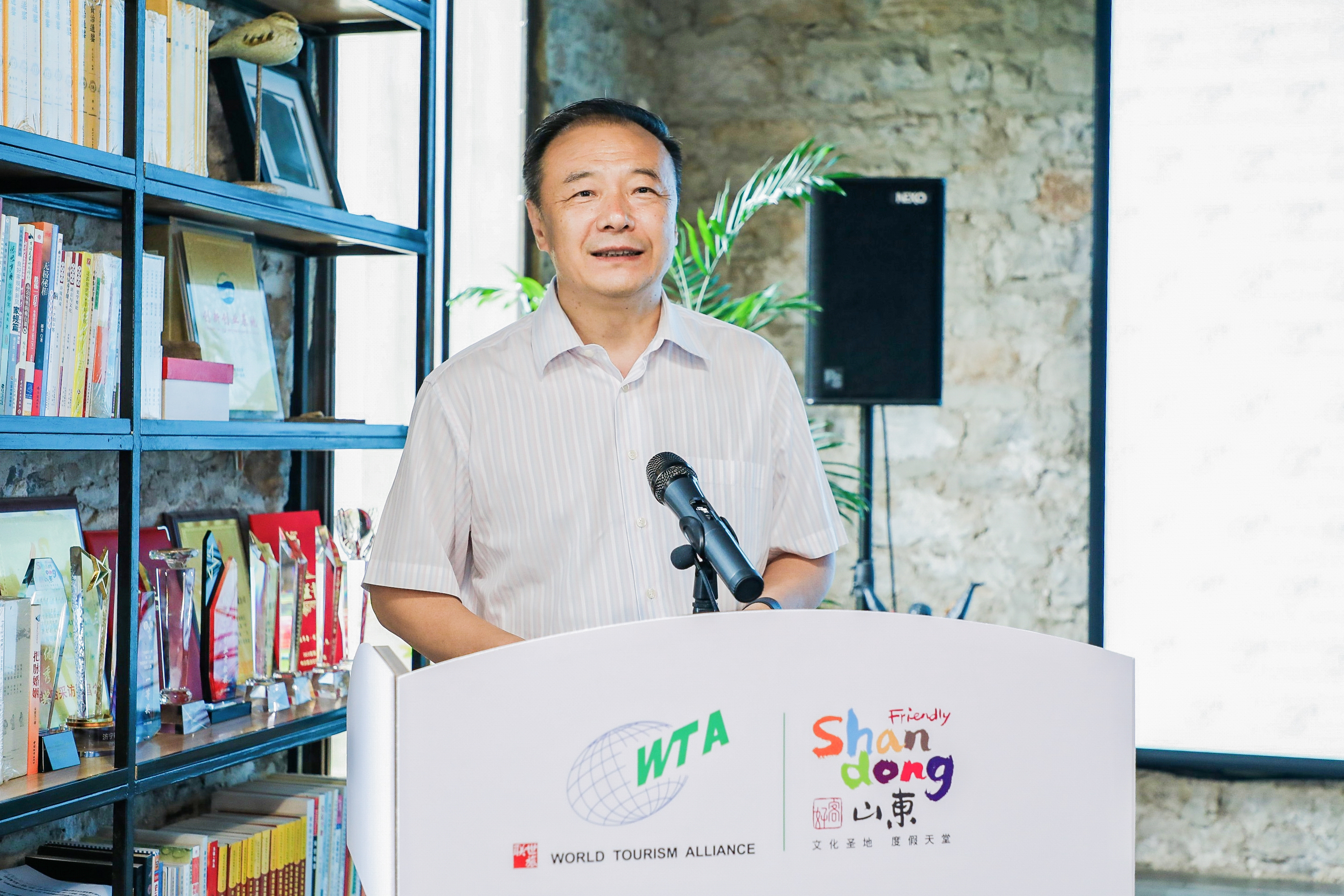 WTA Secretary-General Liu Shijun
WTA Secretary-General Liu Shijun
In his speech, Mr. Liu said that rural tourism is an important part of the tourism industry, and of great significance for promoting rural revitalization in all respects. In the past five years, the WTA has collected 100 best practices of poverty reduction through tourism and another 100 of rural revitalization through tourism. By looking deep into these practices, it has summarized five models for reference, and put forward development ideas and suggestions in six aspects: culture, ecological conservation, education & training, governance, digital technology and industrial linkage. The Alliances gives full play to its advantages as an international organization, and contributes to China’s rural revitalization, global poverty reduction through tourism and related public welfare undertakings.
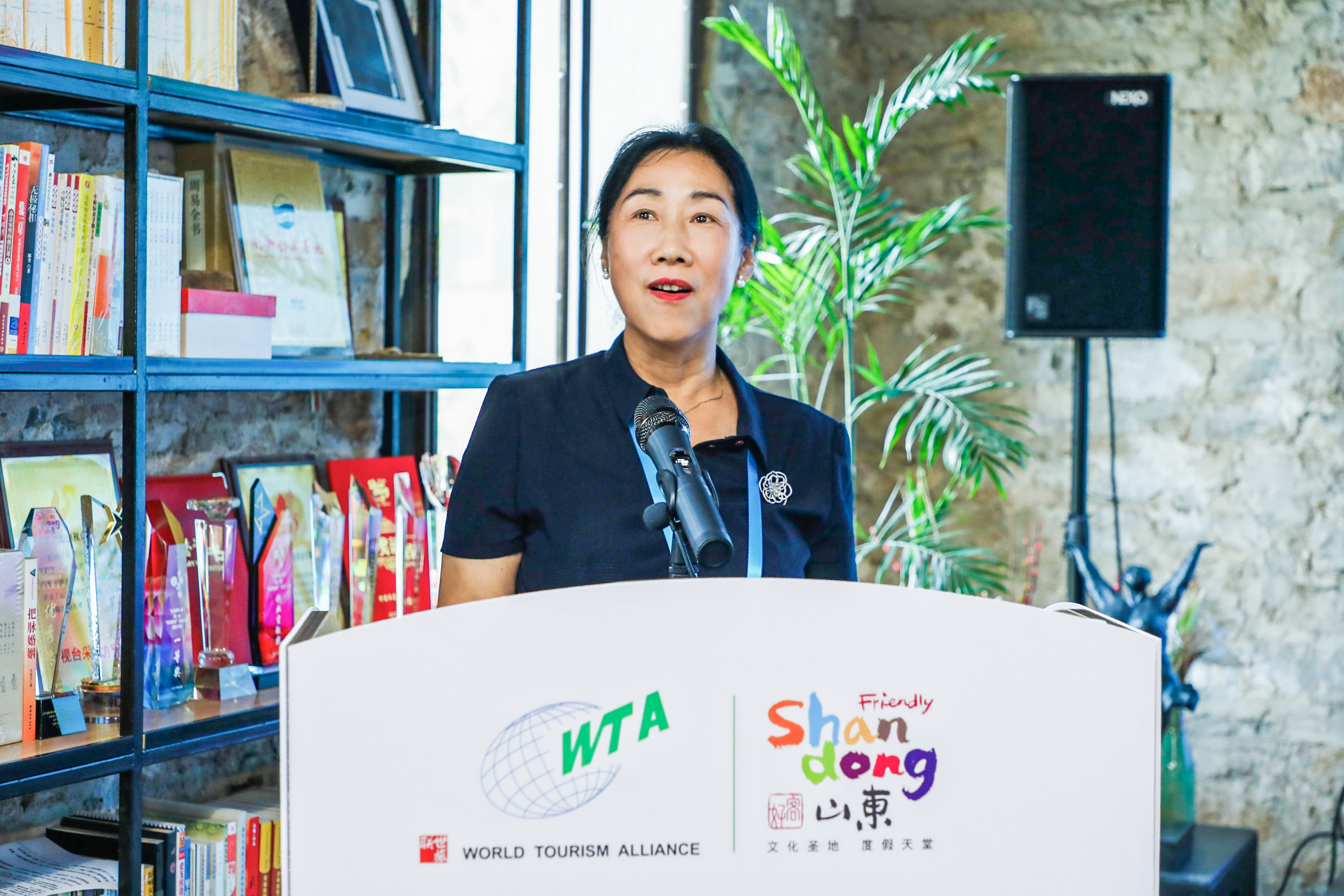 Xu Hong, Dean of the College of Tourism and Service Management, Nankai University.
Xu Hong, Dean of the College of Tourism and Service Management, Nankai University.
In her speech titled “Cultivating Creative Tourism Professionals to Promote Rural Development,” Ms. Xu examined the reasons why rural tourism needs diversified creative professionals from the supply and demand sides. Talent training institutions need to change their mindset, and diversify education practices and cultivate creative professionals by building an integrated cultivation network that involves the government, businesses, universities, research institutes and users.
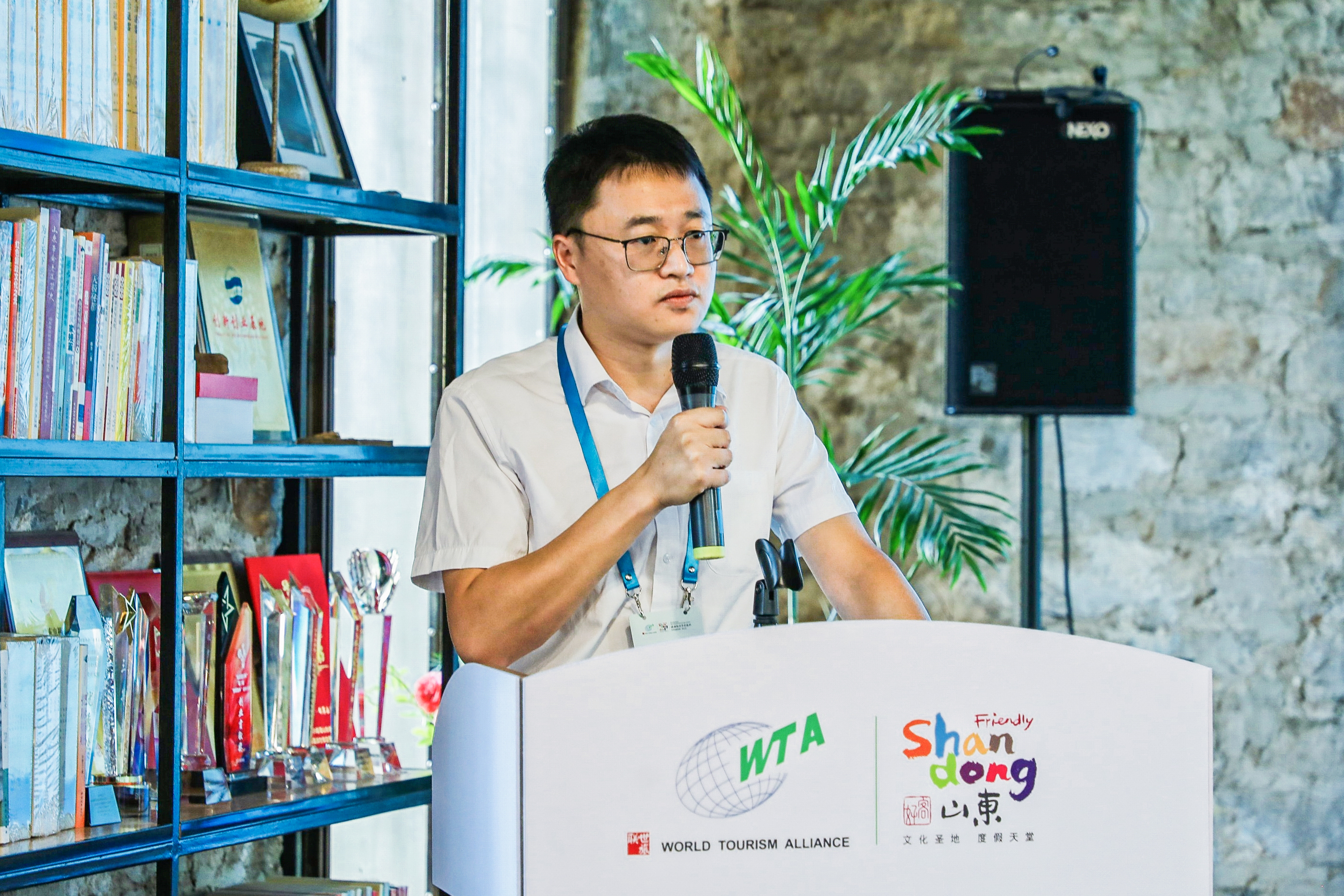 Yu Hui, the International Exchanges Division of International Poverty Reduction Center in China.
Yu Hui, the International Exchanges Division of International Poverty Reduction Center in China.
In his speech titled of “Telling China’s Poverty Reduction Story to Promote International Exchanges on Poverty Reduction,” Yu shared China’s practices of and achievements in poverty alleviation. By implementing a series of targeted poverty alleviation measures, China has answered such questions as “who to support who, and how,” “what’s the exit strategy” and “how to sustain the poverty reduction achievements.” China has achieved the poverty reduction goal set in the UN 2030 Agenda for Sustainable Development 10 years ahead of schedule, creating a miracle in the history of poverty reduction.
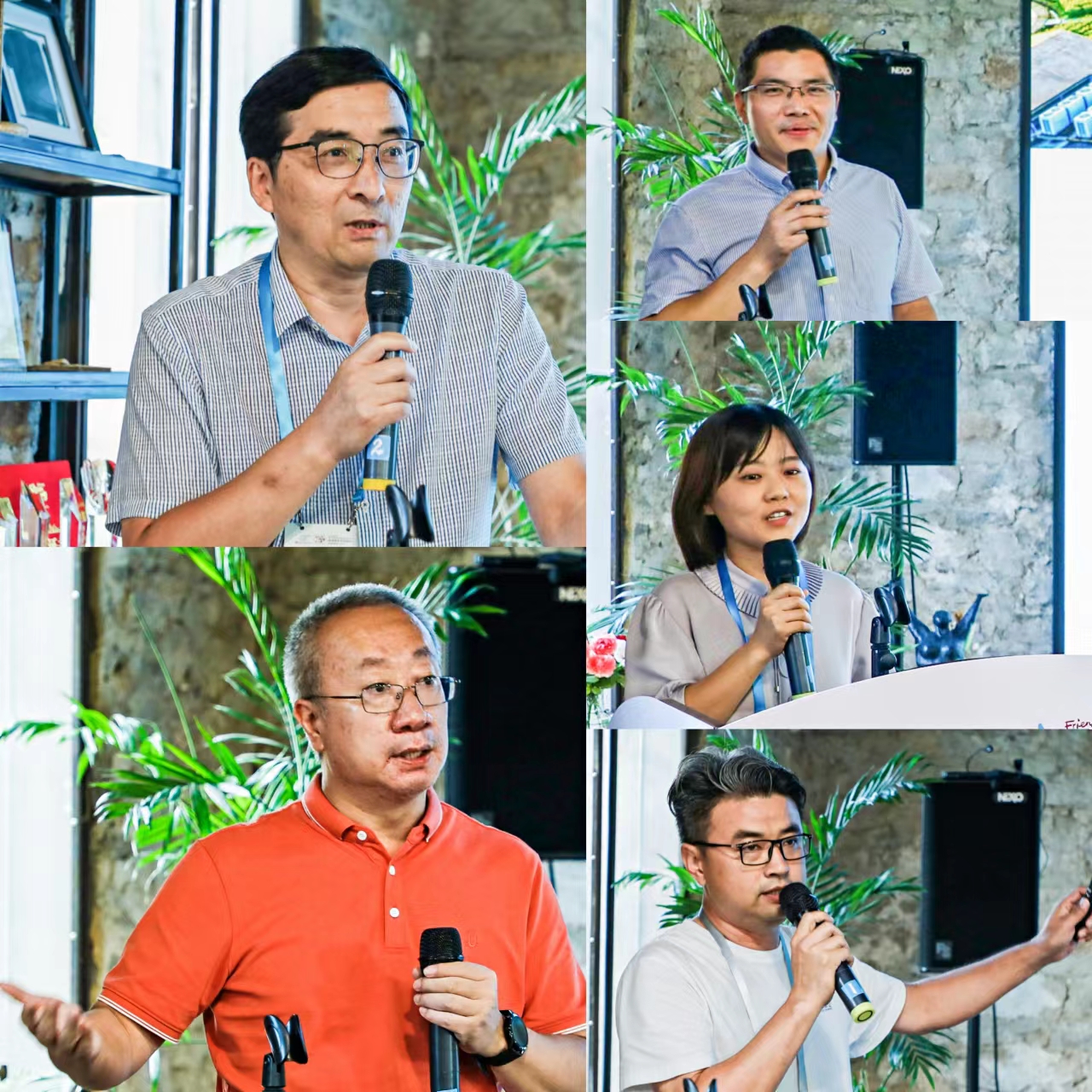 Other speakers at the workshop
Other speakers at the workshop
During the free exchange session, five representatives of WTA member units, including Luoyang in Henan province, CYTS, Airbnb, Sunriver Holding Group, and Tian Bin, the founder of Leisure Valley, shared how they promoted rural revitalization through tourism and what they achieved.
 Zhao Xin, Party Secretary of Sishui
Zhao Xin, Party Secretary of Sishui
In the Q&A session, Zhao Xin, Party Secretary of Sishui, answered the question from the media about measures the government took to boost rural revitalization through tourism. She said that Sishui has vigorously promoted the integrated development of rural culture and tourism through considerate services, professional guidance and generous support, and has found a new path with local mountain characteristics to rural revitalization through tourism. In the next step, Sishui will seize the opportunity presented by this workshop, fully absorb the meeting’s fruits, step up efforts to recruit more talented people, improve infrastructure, and replicate and promote the Longwan Model, trying to make a big difference in small villages.
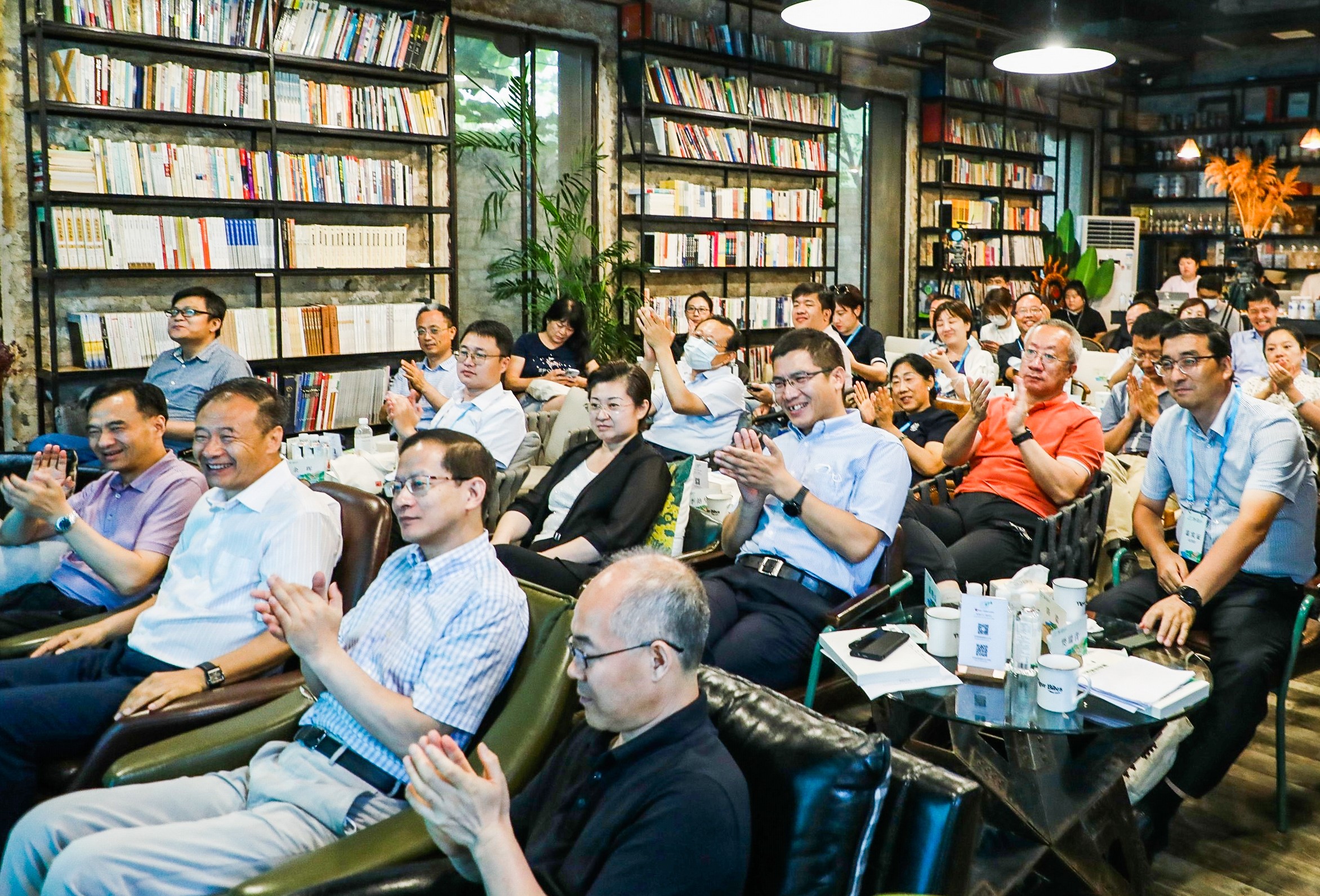 A scene of the workshop
A scene of the workshop
Developing tourism for poverty reduction and rural revitalization has always been one of the key tasks of the WTA. As an international tourism organization initiated by China, the Alliance has taken root in China and witnessed the country’s development. In recent years, China has made remarkable achievements in poverty alleviation, rural revitalization, ecological conservation and building a beautiful China, accumulating a lot of experience for others to learn from. The Alliance has collected best practices through multiple channels, and selected and published those meeting the criteria of sustainability, replicability, quantifiable effects, innovation, integrity of materials and positive social impact. Through in-depth analysis, summarization and research, it has proposed a poverty reduction concept with reference value, and shot the documentary “Better Tourism, Better Life, Better World” based on these practices. Through the UN Food and Agriculture Organization, the overseas institutions of the MCT, and CGTN, China’s practices of and achievements in poverty reduction and rural revitalization through tourism have been widely publicized, enhancing international exchanges and mutual learning in this field.
The purpose of this workshop was to showcase China’s achievements in building the new-type countryside and its new look after decades of development, spread the message of sustainability, share China’s practices of rural revitalization through tourism, give tourism a leading role in rural revitalization, and contribute good practices and ideas to global poverty reduction through tourism.

WTA Vice Chair and Secretary-General ZHENG Hao Visits ASEAN-China Centre
2025.12.31WTA Chair ZHANG Xu Attends 2025 Consultation Meeting of Hainan Provincial Expert Advisory Panel on High-Quality Tourism Development
2025.12.22ZHANG Xu, WTA Chair, Attends Global Tourism Economy Forum · Heilongjiang 2025
2025.12.16